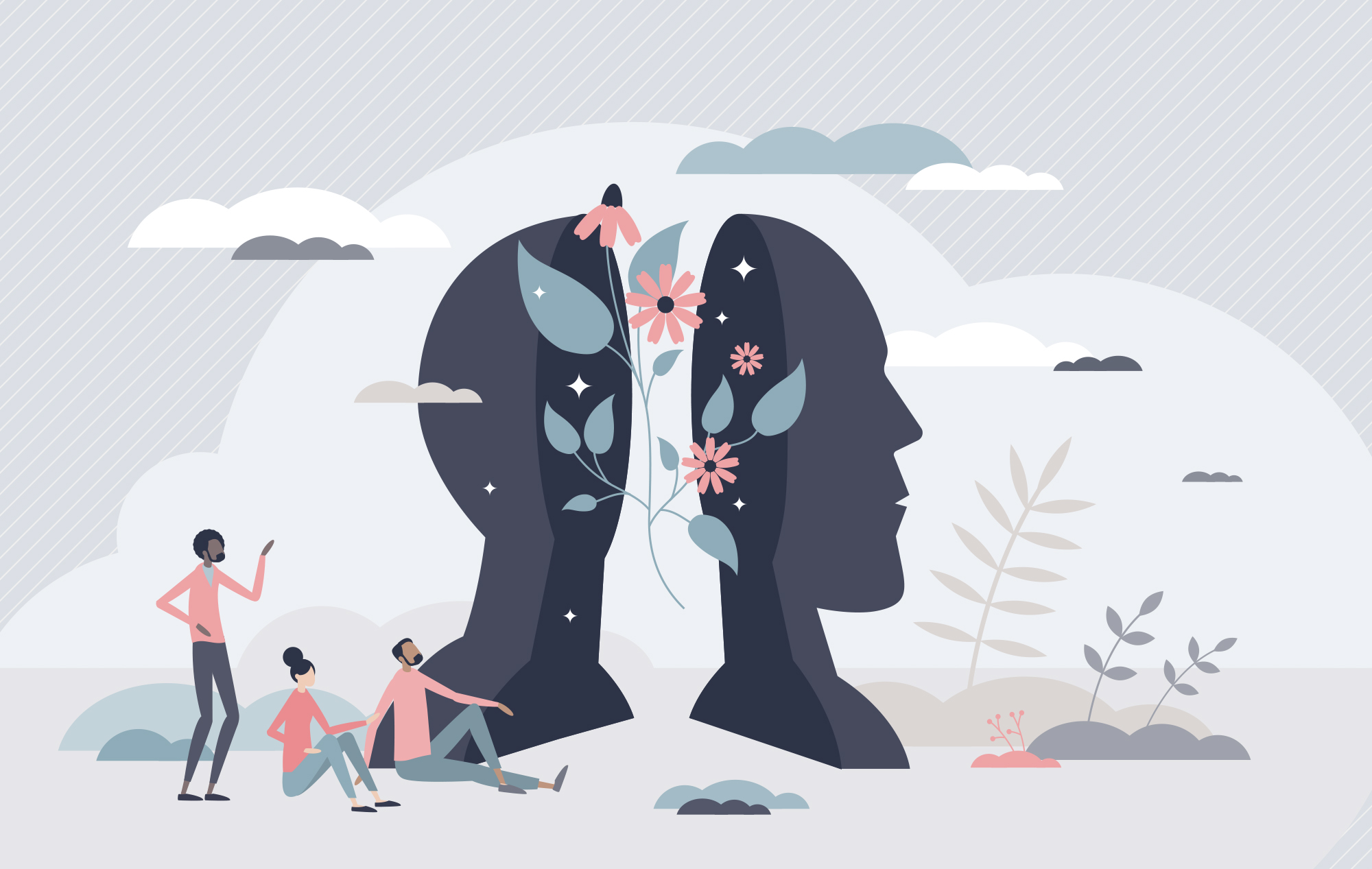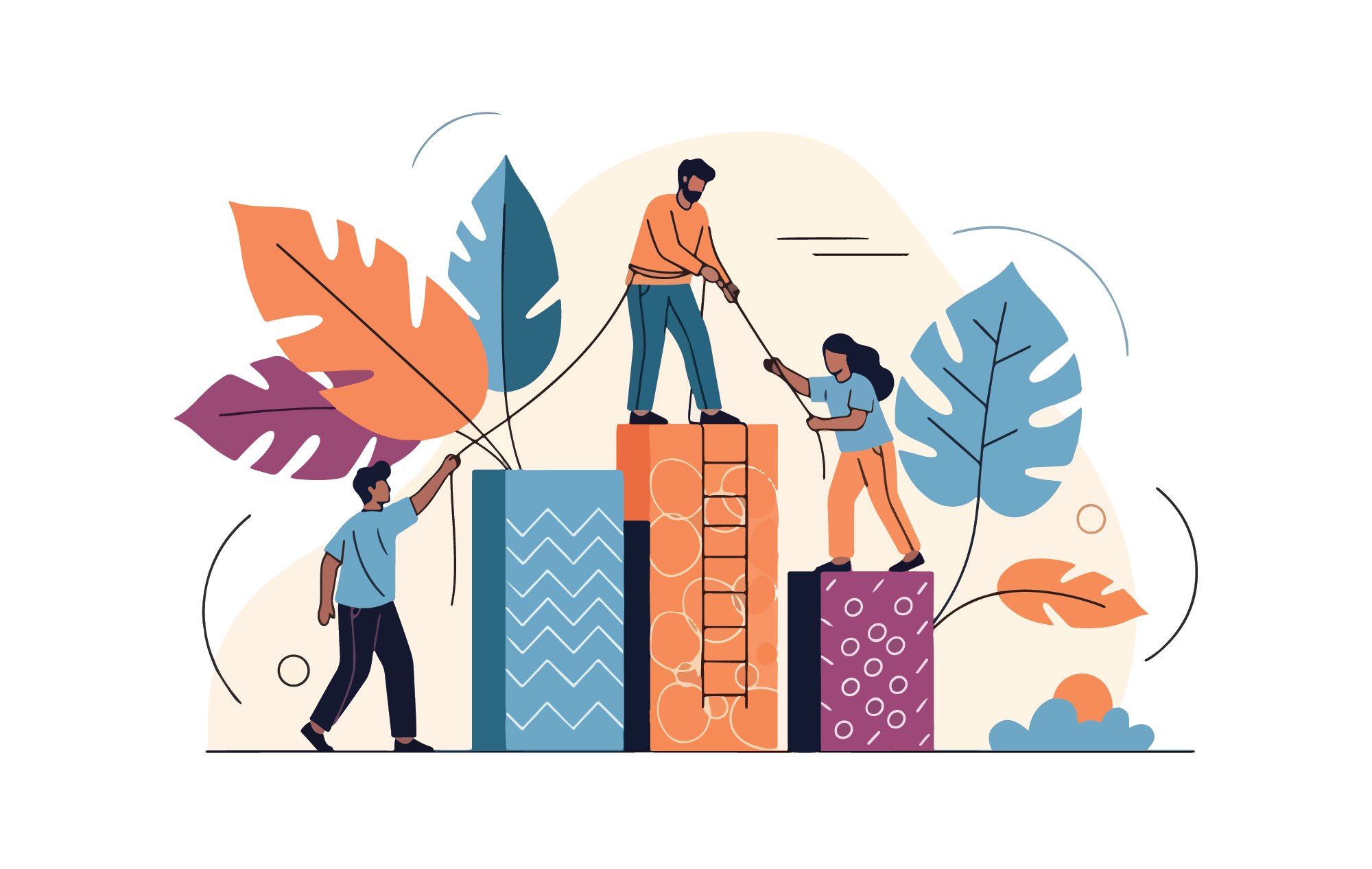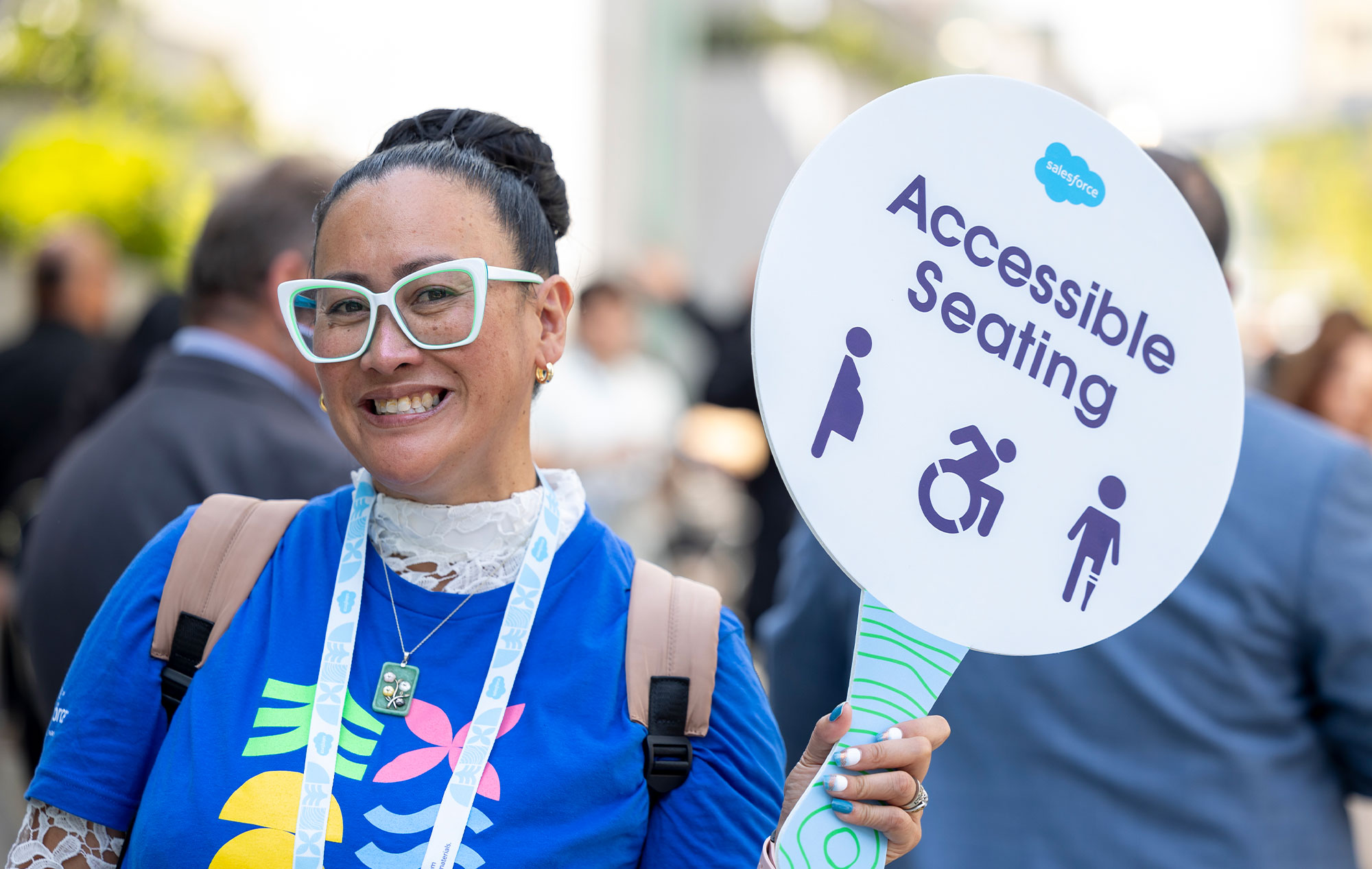More than 40 years ago, Colm McNamee’s teachers and school administrators “politely” informed his parents that he “had an intellectual disability.”
“I was ‘slow’ is the phraseology they used,” recalls the neurodiversity activist and community initiatives senior associate at Salesforce.
Neurodivergent is an important, non-medical term used to describe people whose brains develop or function differently than those considered neurotypical. They face distinct challenges yet possess unique strengths, such as someone with severe antisocial behavior yet the propensity to retain extraordinary volumes of highly complex data without specific training, for example.
While McNamee wasn't diagnosed with autism or ADHD until age 39, and eventually depression—three of many diverse neurological conditions now encompassed by neurodiversity, as a child he suffered significant marginalization and stigmatization in schools as a youth, which continued professionally into adulthood.
“I was deeply, deeply ashamed of who I was,” he laments, reflecting on his youth attending school in Ireland. “This had been indoctrinated into me by the society in which I had been asked to operate.”
“People were wrong,” he continues. “People had made assumptions about who and what I was, and what my motivations were based on their own lens of viewing the world.”
Today, McNamee is committed to improving working conditions for disabled professionals, and while he’s seen progress in his lifetime, he believes many work cultures have a long way to go to achieve true acceptance and inclusion.
“I see the neurodivergent community [as] about 40 years behind the gay community,” he says, explaining that in his experience, many neurodivergent professionals within corporate America “aren’t comfortable” revealing their disability status or sharing their autism diagnosis “because of the fear of retaliation, the fear of being underutilized.”
Society Disables Neurodivergent Professionals
A major problem with default thinking—or designing professional environments around an abstract “average worker”—is that many people, in fact, don’t conform to that norm. If you create a workplace with only able-bodied and non-disabled professionals in mind, you bar many people from fully contributing to your team, organization, or society.
This is a design problem, a choice—not an unavoidable reality.
Collectively, we decide how we want to structure our work processes, tools and applications, and cultural practices. We determine how things function and who they will benefit.
“I'm very much a proponent of the social model of disability,” McNamee says, “because it's society that disables me, not my cognitive or learning style.”
Many corporate cultures and traditional ways of doing business are built for and around neurotypical people. If you’re neurodivergent, like McNamee, then you’re penalized and branded for orienting differently in the world.
He uses an often-misquoted allegory generally attributed to Albert Einstein as an example of the dangers of monolithic thinking among organizations.
“If you ask a fish to climb a tree, it will go through life thinking it's an idiot,” he paraphrases. “So if you asked me to do something for which I am constitutionally incapable of doing, that is the failure of management, not a failure of me.”
Challenges Autistic Professionals Encounter
For neurodivergent or autistic professionals, social norms and practices common to neurotypical culture can be frustrating, alienating, and undermine their professional development.
For example, it’s not uncommon for autistic professionals to make limited eye contact when interacting with others. And in some ways, this tension has worsened with the proliferation of distributed teams and remote work (despite the benefits disabled professionals experience with work-from-anywhere policies).
“This virtual world is actually really challenging for people with disabilities, specifically in the neurodiversity community,” explains Jessica Roth, a work manager in Salesforce’s Office of Accessibility. “There's this preconceived notion that when you're interviewing, you're making eye contact, and you're really engaging. That's challenging for anyone to do right virtually, let alone someone who is neurodiverse.”
In addition to the challenges arising from different social styles is the fact that many businesses fail to provide appropriate support for neurodivergent professionals, which can be even more shocking for people fortunate enough to receive accommodations during their early education.
“That's one thing I have serious concerns about,” McNamee says. “We bring students through an educational system and support them. And then we take the support away and throw them out. We are genuinely setting people up to fail. That's one thing that I'd love to see change.”
Corporate cultures must be more supportive of families and professionals with disabilities.
He believes that transformation comes by encouraging neurodivergent professionals and their allies to “find the supports that are sustainable, appropriate, cost effective, and normalized across institutions.”
‘The Soft Bigotry of Low Expectations’
If it truly is society that disables people, then fostering meaningful social change comes from effective education and challenging detrimental cultural patterns—including what has become known as “the soft bigotry of low expectations,” a phrase uttered by President George W. Bush in a speech to the NAACP’s 91st annual convention in July 2000.
“That was the bigotry, unfortunately, that I endured,” he notes, reflecting on his childhood education. “They set the bar so low that if I could get up in the morning, there were no expectations of me.”
While commenting on the state of education in many places, McNamee believes there are parallels between schooling that doesn’t accommodate neurodivergent students and professional settings that disregard the needs of autistic employees.
“We do not talk enough about differentiated learning,” he continues. “When it comes to different learning styles, we're not there. We teach too much to the center.”
Fortunately, there are things organizations can do to be more accessible and inclusive of people from the neurodiversity community.
Money & Tech Won’t Solve This Problem
While some activists are focused on policy-level changes and legislation that improves accessibility for professionals with autism, perhaps the best thing organizations can do relates to cultural shifts.
Increasing inclusion and accessibility require teams and business leaders to challenge their biases surrounding neurodiversity.
“It’s attitudinal,” McNamee says. “You can't throw money at this. You can't throw tech at this. This is about paradigm shifts in how people view [autism and neurodiversity].”
If you view autistic professionals as less capable of fulfilling their roles and responsibilities—or lower expectations based on biases toward neurodivergent professionals—you undermine their contributions and foster an exclusionary culture.
These differences are a strength for any company because neurodivergent professionals bring with them unique perspectives that can generate innovations and novel approaches to problems.
Pushing back against people who want to pathologize or stigmatize the neurodivergent community, McNamee invokes a compelling analogy:
“There's nothing disordered about my mind. It's different. It's like saying that someone utilizes a Mac rather than a PC. As if one operating system is disordered and the other is not. They both have relative strengths and weaknesses. But they're all perfectly fine. Neither one of them is disordered.”
Rather than holding to rigid norms as to how professionals have to perform or behave to positively contribute to a team, we can nurture inclusive work cultures by expanding our definition of what valuable work looks like and how it can be achieved.
“We don't need to lower the bar,” McNamee asserts. “We just need to widen that gap as to how we define success and brilliance.”
Like many disability advocates, he is fighting to transform society not just for neurodivergent professionals, but for anybody living with a disability or facing marginalization.
“I am more than happy to endure whatever I need to endure to ensure that we try and make the world better, more accepting, more tolerant, and acknowledging that we're all different,” says McNamee. “Trying to say that there's one right way of being or existing, that needs to change.”
This month InclusionHub is highlighting contributions from professionals with disabilities to celebrate Disability Employment Awareness Month. To learn more about DEAM as an annual initiative and read other impactful stories from this series, follow this link.
Salesforce is a founding partner of InclusionHub, an online directory and digital resource for organizations looking to prioritize inclusion and accessibility. Explore our crowd-sourced database to learn more about ways you can support neurodivergent professionals within your organization.





Leave a Comment